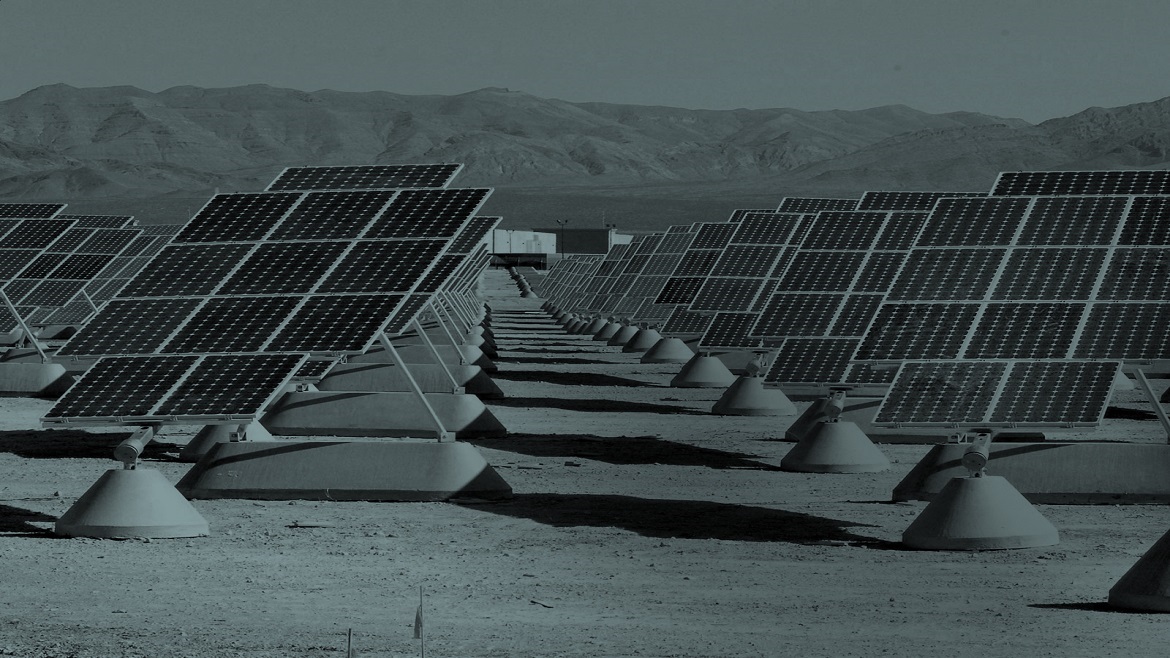Japan is in the midst of an energy revolution. High electricity prices, a reliance on imported fossil fuels, and ambitious climate change targets are driving dramatic shifts in the country’s energy policy, which will see competition introduced to the retail energy market in the coming years.
The changes follow the Fukushima crisis in 2011, which spurred Japan to take much of its nuclear fleet offline. The nation turned to expensive fossil fuel imports as a temporary replacement, which caused energy prices to soar and could make it more difficult to halve greenhouse gas emissions by 2050, as planned.
Japan is taking steps to forge a more lasting solution. In the aftermath of Fukushima, the prime minister announced plans to deregulate the energy market in 2016 to encourage greener energy, reduce costs, and prevent future power shortages.
The shake-up has not gone unnoticed by Japanese energy consumers, who are looking at ways to reduce household energy use and save money on their bills. Utility deregulation will accelerate their progress as companies compete around who can help customers save the most power.
There are already signs the population will embrace energy efficiency strategies. For example, when the Tohoku earthquake knocked out key power plants, people saved electricity by adjusting office thermostats (and relaxing the dress code), switching off screens and lights, and taking other simple steps to ease strain on the grid. By working together, the average energy saving rate was 10% as the country managed to conserve energy against the odds.
That accomplishment has inspired the larger business community to follow suit. Many Japanese companies are implementing energy efficiency programs as a way to save on costs and boost their bottom lines.
A similar story has played out in the European Union over the past several years. While European utilities are already largely deregulated, the EU is also dealing with an energy policy “trilemma” of insecure energy supplies, high prices, and ambitious energy efficiency targets. And like Japan, Europe has also set the bar high on climate change by committing to a 40% reduction in greenhouse gases by 2030.
As a result, new market incentives and regulations are pushing European electric utilities to sell less of their product. Some companies have responded by launching behavioural energy efficiency programs—a low cost, high yield, quick-to-implement solution that motivates their customers to cut down on wasteful power consumption. McKinsey & Company estimates that 20% of all residential energy consumption is squandered because of inefficient behaviour, such as leaving the heater on when no one’s home. Behavioural efficiency programs offer personalised, timely feedback to help people understand their energy use and find ways to use less.
Denmark is one European country that has embraced this strategy. Last year, the country included behavioural energy efficiency (BEE) measures in its climate change mitigation strategy. Other countries such as Italy and Ireland have recently followed suit, suggesting that momentum is building for the recognition of BEE across deregulated markets in the EU.
Now the world's second-largest utility is adopting a similar approach. In July, Tokyo Electric Power Company launched a new web portal that provides its customers with easy-to-understand billing analysis, energy usage comparisons, and personalised energy savings advice. The company is using a technology platform that has helped European utilities not only motivate people to become more energy efficient, but also to enhance their relationship with customers by providing proactive and personalized energy advice. That’s an essential selling point in Europe’s competitive energy market—and it will be a strategic imperative for Japanese energy providers as their own market deregulates.
And ultimately, this is just the tip of the iceberg. As in finance, telecommunications, music, and food, the energy industry is starting to pivot around the customer and provide a full suite of services—not just a commodity. After behavioural efficiency, utility-provided rooftop solar panels and time-of-use electricity pricing may be next.
What Europe and Japan have demonstrated so far is that introducing competition to the power grid can kickstart a meaningful relationship between utilities and their customers. And as in Europe, the winners in Japan’s energy revolution will be those companies that give people full control over their energy meters, and build customer relationships that can withstand the changes ahead.
The views and opinions expressed in this article are those of the authors and do not necessarily reflect the views of The Economist Intelligence Unit Limited (EIU) or any other member of The Economist Group. The Economist Group (including the EIU) cannot accept any responsibility or liability for reliance by any person on this article or any of the information, opinions or conclusions set out in the article.




